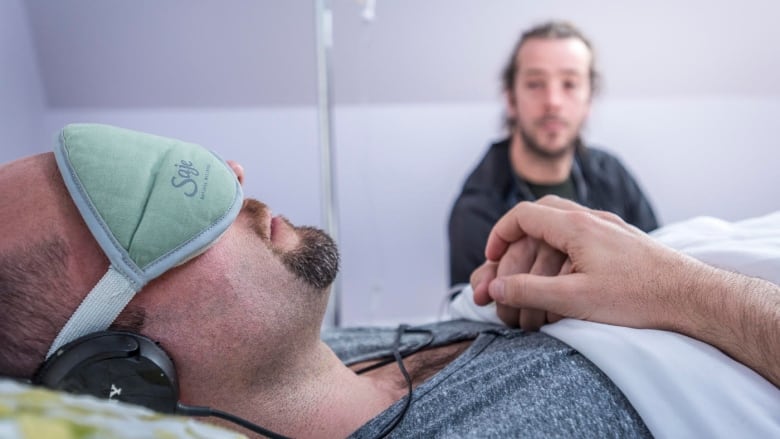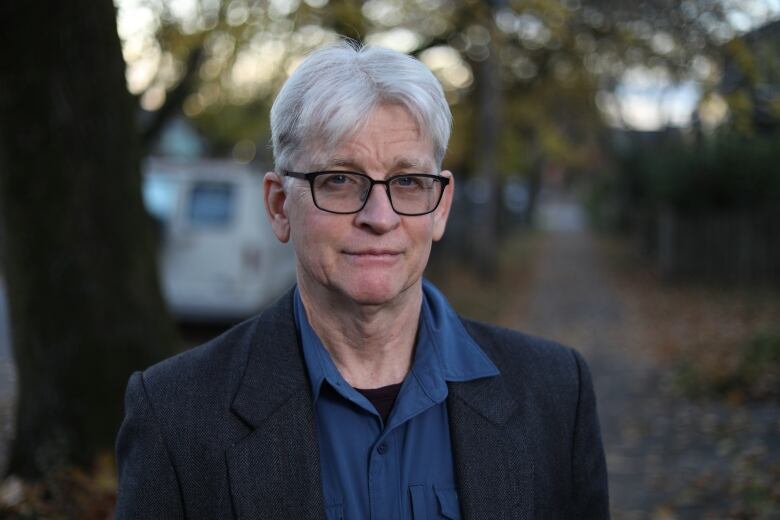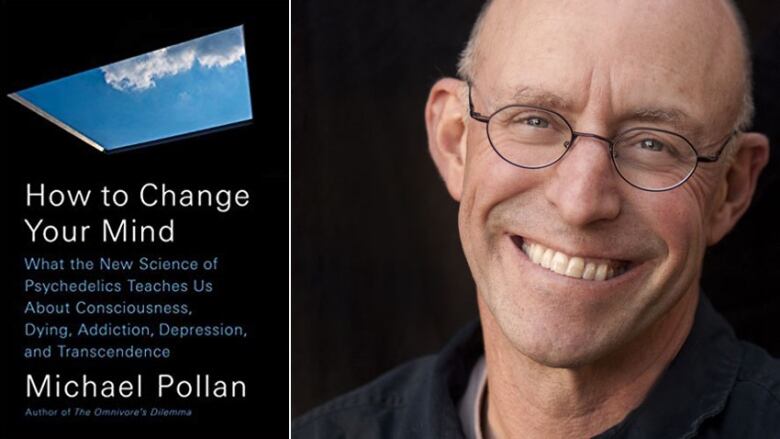Growing popularity of psychedelic therapy creates demand for underground guides
Unaccredited therapists can be detrimental to effort to legalize psychedelics, says researcher

Lidija Martinovi Rekert is a Vancouver-based yoga practitioner, counsellor and meditation instructor.
And for $140 per hour, she will also be there forclients as they navigate a psychedelic experience ondrugs like MDMA, LSD and psilocybin, also known as magic mushrooms.
"My job, in the simplest of words, would be to let them relax into their body," Rekert said.
Demand for psychedelic experiencesas a tool for personal development has beenon the rise. But because ofa dearth of accredited programs to facilitate these experiences,experts say there is ablossoming underground market for people like Rekert to offer their services.
In response to this, Mark Haden, the outgoing Vancouver-based executive director ofthe Multidisciplinary Association for Psychedelic Studies Canada or MAPS Canada published a Manual for Psychedelic Guideslast fall.

The manual offers advice on a variety of subjects, including dosage, time requirements and what to do if the participant becomes extremely emotional. It also includes a discussion on the types of people who should or shouldn't offer psychedelic therapy, or experience it.
"We really want to be very, very careful about who does the work," said Haden, an adjunct professor at UBC's School of Population and Public Health.
The book isn't without controversy in the psychedelic community. Martin Ball, the book's publisher and a contributor, has been condemned for hispractices during his sessions. Some have suggested that the criticism led to Haden's departure from MAPS Canada, although Haden says he has taken a job in the private sector.
New legitimacy
Using psychedelics for personal growth isn't new.
First popularized in the 1960s as part of counter-culture of the time, therapeutic psychedelicusehasbeen increasingly endorsed by mental health researchers and clinicians.
Organizations likeHaden's have garnered extensive media coverage of their research and subsequent advocacy for using psychedelic drugs.

In 2018, writer Michael Pollan'sNew York Times bestselling book,How to Change Your Mind,brought additional attention to how researchers and clinicians have been using these drugs to treat conditions like depression, addiction and anxiety.
Haden says the popularity and demand for psychedelic experiences has led to an explosion of underground therapists and guides, with several dozen operating in Metro Vancouver alone.
Reducing risk
But he says some of them can be detrimental forresearchers like him who want to legalize psychedelics and popularize the therapies through legal means, with accreditation and regulatory oversight.
"Alot of underground therapists are showing up and offering their services, and many of them do it really badly," Haden said.
"So it made sense to me to reduce the risk of really unfortunate things happening to people, to actually provide information to the world about how the work is done."
At particular risk, Haden says, are people seeking relief for post-traumatic stress disorder. Haden says the intensity of a psychedelic experience can easily become overwhelming, especially if people re-experience their source of pain.
"It's like taking 10 years of regular emotional therapy and compressing it into three sessions," he said."So the intensity of that requires some real thought in order to manage it effectively."
Subtle communication
Rekert, who has collaborated with Haden in the past,has been offering what is sometimes referred to as "integrative therapy" since 2012, in addition to the other services she has offered for 20 years.
She meets with the client at least once before they go through the psychedelic experience, and then again afterwardto help them process it. During a psychedelic session, she says, she is mostlythere to bear witness.
"It's terribly boring for you to see what is happening," she said. "The communication is very subtle, just literally a few words."

Rekert emphasizes that she does not suggest any particular types of drugs to the two to threeclients she sees each month for integrative therapy, nor does she help them buy or ingest them.
"I just ask them to tell me what they're taking," Rekert said.
Rekert carries a naloxone kit to administer in case her clients have ingested a drug that's been tainted with opioids. But she says she's never had to use it.
Mostly, she says, the sessions lead her clients to have profound, life-changingexperiences.
"Everybody that I worked on who have taken substances havenot stayed the same."












_(720p).jpg)


 OFFICIAL HD MUSIC VIDEO.jpg)
.jpg)



























































































